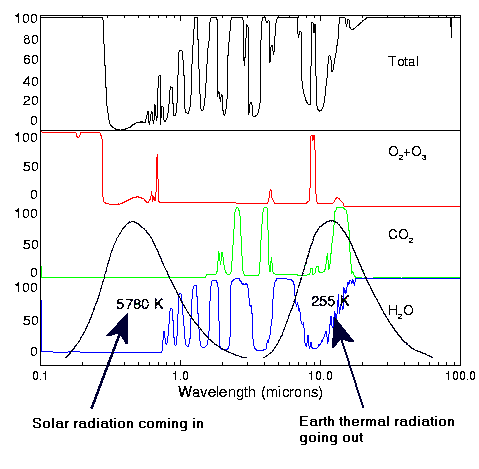The question was not whether the evidence supporting a flood would convince the agnostic or anyone for that matter.
It would convince me. Of course, claiming to have evidence and then never presenting any is not very convincing.
That lack of belief today from say 50 yeas ago says more about human's penchant for not wanting to stand out in a crowd of people seemingly all in agreement on something than it does about the validity of the belief. There have been no major revelations from science either way regarding a flood in 50 years, only people applying a particularly modern method of criticism toward the belief. As long as no one in the crowd stands up and objects, the herd gradually moves in a the same direction, in this case unbelief. Humans will do that even if deep down they may not really agree and could easily swayed to return to holding the belief.
Geologists in the 1830's found that Noah's flood did not happen, and they were looking for evidence that it did happen. They were believers, and even they had to admit that the evidence wasn't there for a global flood.
Bearing upon this difficult question, there is, I think, one great negative conclusion now incontestably established -- that the vast masses of diluvial gravel, scattered almost over the surface of the earth, do not belong to one violent and transitory period. It was indeed a most unwarranted conclusion, when we assumed the contemporaneity of all the superficial gravel on the earth. We saw the clearest traces of diluvial action, and we had, in our sacred histories, the record of a general deluge. On this double testimony it was, that we gave a unity to a vast succession of phenomena, not one of which we perfectly comprehended, and under the name diluvium, classed them all together.
To seek the light of physical truth by reasoning of this kind, is, in the language of Bacon, to seek the living among the dead, and will ever end in erroneous induction. Our errors were, however, natural, and of the same kind which lead many excellent observers of a former century to refer all the secondary formations of geology to the Noachian deluge. Having been myself a believer, and, to the best of my power, a propagator of what I now regard as a philosophic heresy, and having more than once been quoted for opinions I do not now maintain, I think it right, as one of my last acts before I quit this Chair, thus publicly to read my recantation.
We ought, indeed, to have paused before we first adopted the diluvian theory, and referred all our old superficial gravel to the action of the Mosaic flood....
(Sedgwick, 1831, p. 312-314)
The Talk.Origins Archive Post of the Month: April 2002
Sedwick was one of the giants of early geology.
Rather similar to the driving a herd mentality by taking weather observations and making overly confident and optimistically bold statements about the relative significance of human impact on our climate while attacking anyone who objects in any manner rather than sticking with the facts.
Scientists are sticking with the facts. It is the deniers who refuse to address the facts.
Upvote
0




